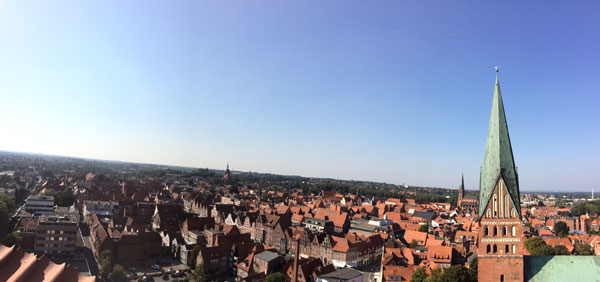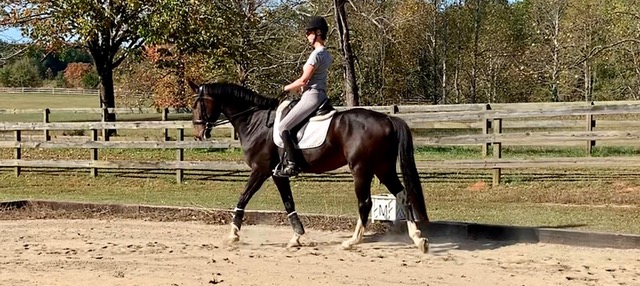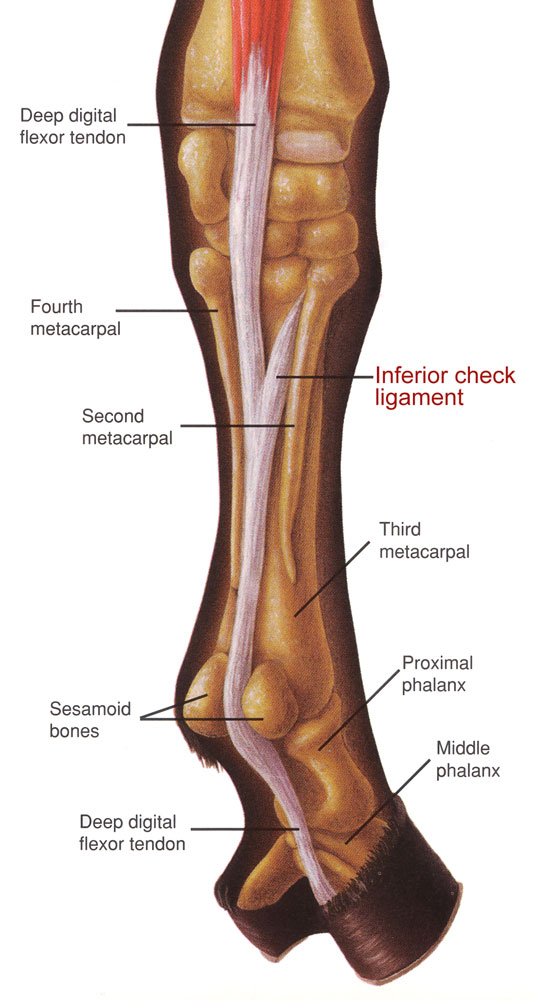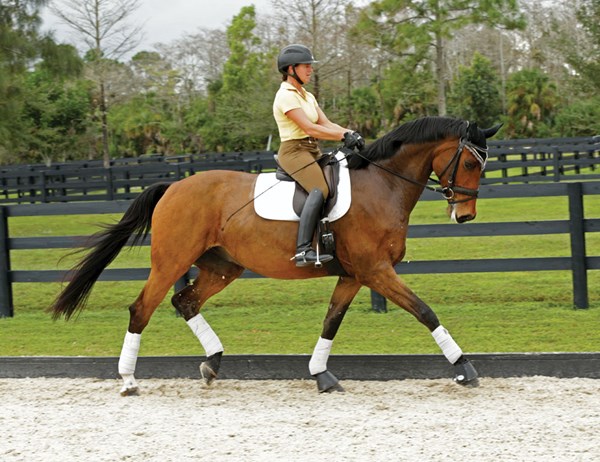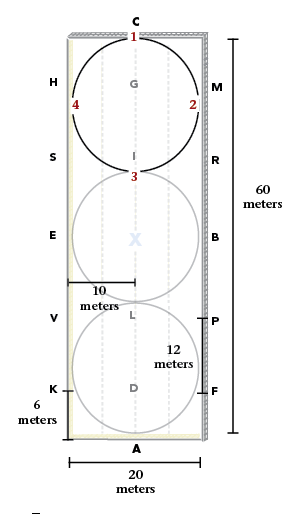This week I had so much fun when my dad came to visit. He was great and attended a horse show with us as well as patiently hanging out at the barn. However, his visit the best excuse for me to get out of Börnsen and explore some of the other amazing attractions in the area.
We visited Lüneburg, which is about half an hour south of Börnsen. Lüneburg is a city that was completely spared during World War II, so the architecture there is original. The town has been populated for over 1,000 years and was an important salt-mining town during medieval times. We climbed the old water tower to get an aerial view of the town and the beautiful buildings. I was stuck most by the incredible facades and how time had literally made them droop backward over the rooftops. The bricks reminded me of licorice slowly bending with gravity. Because of their age, many buildings had non-perpendicular corners, non-horizontal beams and non-vertical walls. Even the spire of the main cathedral was a little crooked. It was not unusual to see a façade stamped with the date it was built, sometimes from the 1600s. Lüneburg is a college town, and there were many young and interesting people giving the town a memorable energy.
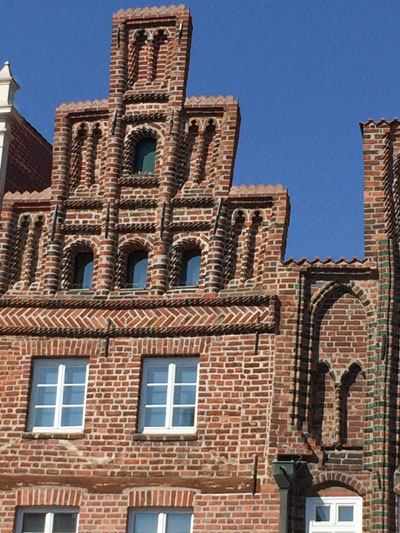
We also visited Lübeck, which is about an hour north of Börnsen near the Baltic sea. The first thing you notice as you drive into town is a little castle with a gate that used to be the main entrance to the city. Beyond the castle you see many cathedrals, two if which have twin spires reaching high into the sky. This important port city was founded in 1143 and was often under siege because of its ideal trading location. It is an island surrounded completely by the natural mote of the Trave River and then connect to the sea. We took a boat tour around the whole city to see it from all angles. I was bending my mind to think about who else walked in the same steps among the cobblestones of Lübeck. Who else over time heard the bells of those cathedrals all competing to be heard as the hour stuck? The city was bombed during WWII, but it has been restored and is a UNESCO World Heritage site.
